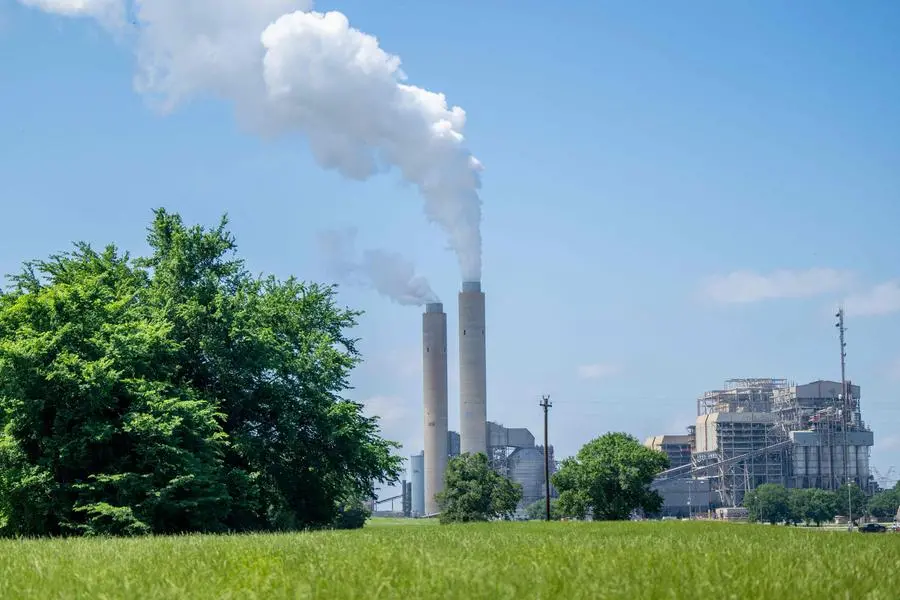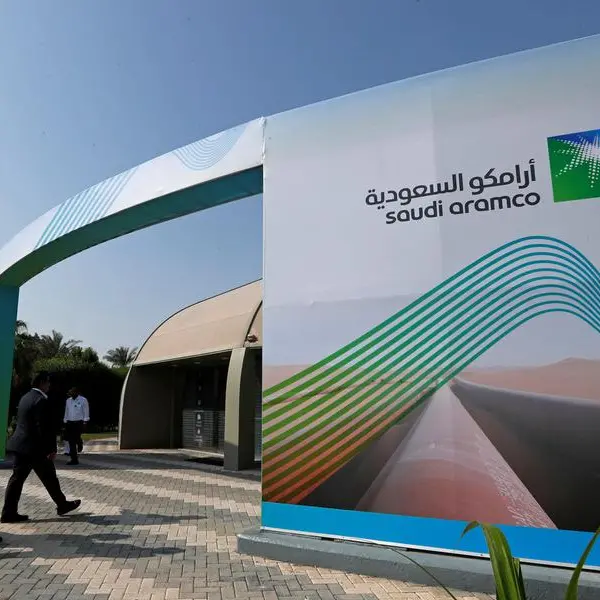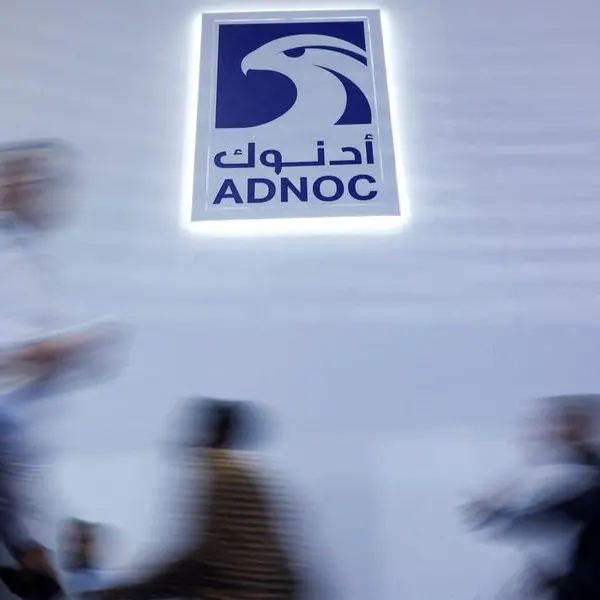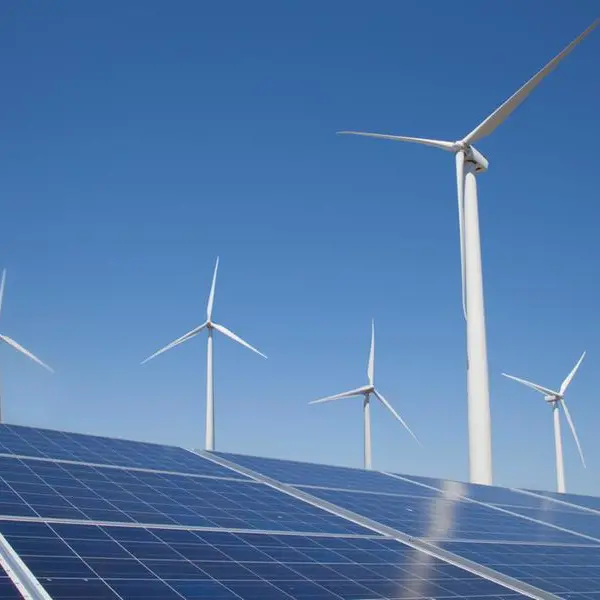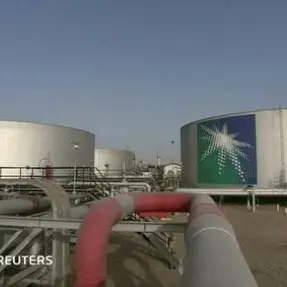PHOTO
The United Nations said Friday it had introduced new rules to allow people harmed by projects under the global carbon credit market it is designing to file a formal appeal.
Under the Paris climate agreement, the UN was tasked with creating a credible mechanism to allow for the trade in credits earned from projects that reduce or avoid carbon dioxide emissions.
These projects could for example generate renewable energy, protect carbon-absorbing environments like forests or peatlands, or swap coal-fired cookstoves for cleaner alternatives.
But many of these activities are being undertaken in developing nations and as these schemes have exploded, allegations have emerged of local communities being exploited or driven off their land.
The UN said the introduction of new safeguards was a "milestone" that would protect human rights and ensure integrity under the global carbon market it is designing.
"This is a defining moment," said Maria AlJishi, chair of the UN supervisory body that approved the procedures on Friday.
These would provide "new avenues to empower vulnerable communities and individuals" including the opportunity to appeal decisions or file a grievance, she added.
Gilles Dufrasne from Carbon Market Watch, a think tank, said this provided long-overdue recognition that carbon markets also come "with real-world harms".
"It is a first step towards providing protections for indigenous peoples, but improvements will still be needed," he told AFP, adding that appealing decisions would be very costly and not accessible to everyone.
Carbon credit projects have come under enormous scrutiny in the wake of revelations that some do little for the climate or provide no benefit to local communities hosting the activity.
Efforts have accelerated to clean up the scandal-hit sector, which sees credits traded on voluntary carbon markets unregulated by governments or a standard set of rules.
Every tonne of carbon avoided or reduced by a project earns a credit, which can be purchased on mostly unregulated markets by companies wanting to offset their own pollution.
Companies have come under fire for using credits to make claims of carbon neutrality or tell customers that their purchases are not impacting the climate.
Backers say a well-regulated and transparent market trading in verifiable credits could help the planet and drive huge amounts of finance into Asia, Africa and Latin America where these projects are hosted.
Carbon markets have "inadequate human rights and environmental safeguards, leaving it open to abuse" while allowing companies to keep polluting, Chris Chapman from Amnesty International said last week.
